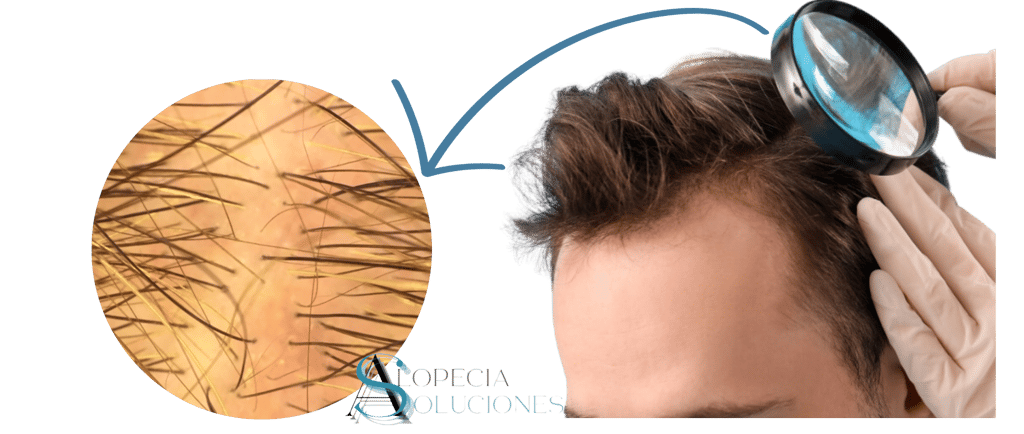Ways to Perform Hair Density Assessment to Diagnose Alopecia
Hair density is one of the most important tests for diagnosing alopecia. This assessment allows specialists to better understand the health of the scalp and the life cycle of hair follicles. As research in this area advances, various methods and methods for performing this assessment are emerging, each with its own advantages and limitations.
ALOPECIA
Alopecia Soluciones
5/8/20251 min read


Importance of evaluating hair density
Hair density is one of the most important tests for diagnosing alopecia. This assessment allows specialists to better understand the health of the scalp and the life cycle of hair follicles. As research in this area advances, various methods and methods for performing this assessment are emerging, each with its own advantages and limitations.
Common Methods for Evaluating Hair Density
There are several techniques used by dermatologists and trichologists to measure hair density. Some of the most common include:
Trichoscopy: This method involves using a dermatoscope to examine the scalp and hair. It allows the density in specific areas to be visualized and also provides information on the overall condition of the follicles.
Follicle counting: In this procedure, a specific area of the scalp is examined and the number of follicles present in a given space is counted. This method can be laborious, but it provides accurate data on hair density.
Digital photography: Using high-resolution cameras, specialists can capture images of the hair and analyze them. With specialized software, hair density can be calculated from the images.
Factors That Can Affect Hair Density
It is important to keep in mind that hair density can be affected by several factors. Genetics is a key determinant, as is the patient's overall health. Other variables may include:
Hormonal imbalances: Hormonal changes can influence the amount of hair growth and the health of the follicles. This is especially relevant in the case of androgenetic alopecia.
Diet and nutrition: A diet lacking in essential nutrients can lead to a decrease in hair density. A lack of vitamins and minerals such as iron and biotin can be detrimental.
Stress: Emotional and physical stress can trigger temporary hair loss, affecting hair density in the short term.
Finally, it is recommended that anyone who suspects alopecia see a specialist for a proper hair density evaluation. Early detection and diagnosis are key to better results in the treatment of this condition.
Connection
We connect patients with effective hair clinics.
Servicios
Citas
© 2025. All rights reserved.
